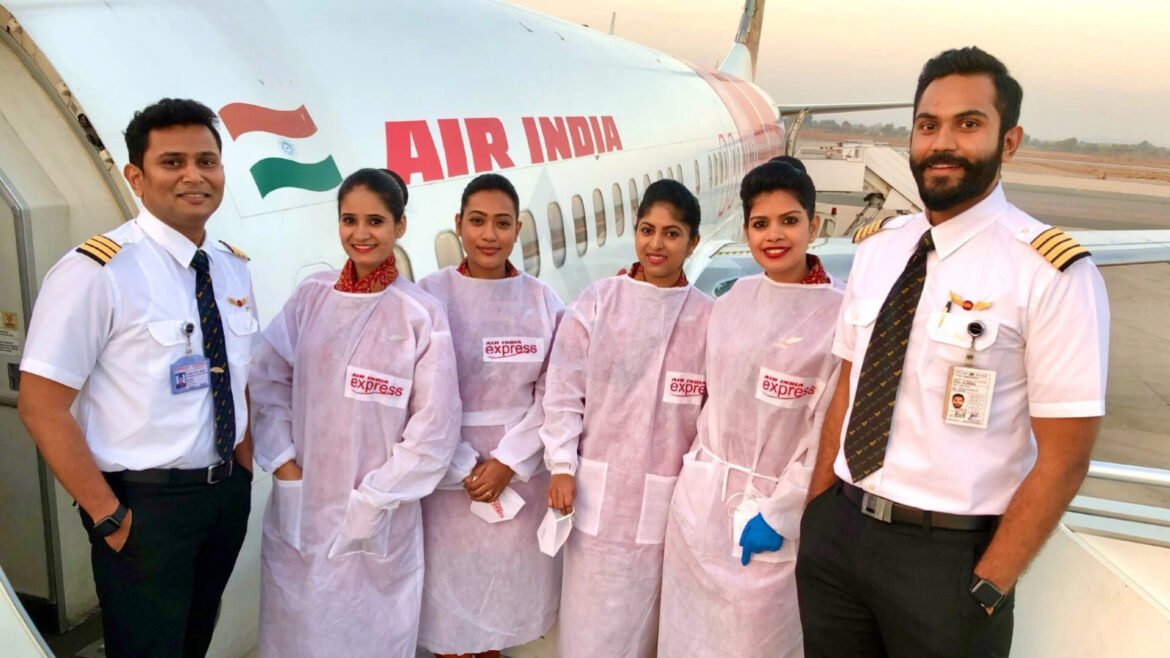Air India Express, the low-cost carrier owned by the Tata Group, has emerged as the leader in employing foreign pilots within India’s aviation sector. With 144 expatriate pilots, the airline accounts for over 60% of the total foreign recruits in the country’s aviation industry. This significant reliance on foreign pilots highlights the challenges faced by Indian carriers in meeting the growing demand for skilled aviation personnel.
The need for expatriate pilots at Air India Express is largely driven by the airline’s international operations. Operating a fleet of Boeing 737 aircraft, primarily serving routes to the Middle East and Southeast Asia, Air India Express requires pilots with specialized training and experience in international flight operations. The growing demand for pilots in India’s rapidly expanding aviation sector has contributed to a shortage of trained personnel, particularly for international routes.
Other major Indian carriers also employ expatriate pilots, although not to the same extent as Air India Express. Air India employs 58 foreign pilots, IndiGo relies on 34, and Alliance Air has 20 expatriates on staff. However, Air India Express’s figure of 144 foreign pilots is by far the largest among these carriers, reflecting the airline’s heavy reliance on expatriate talent to meet its operational needs.
The presence of foreign pilots provides significant advantages for airlines. These pilots bring invaluable international experience and expertise, which is particularly beneficial in managing the complexities of global flight operations, adhering to international regulations, and navigating diverse airspaces. Their experience enhances the overall operational efficiency and safety standards of the airline, particularly in handling high-demand international routes.
However, there are challenges that come with this reliance on foreign talent. Expatriate pilots are typically compensated at higher rates compared to their Indian counterparts, which increases the operational costs for the airline. Furthermore, integrating foreign pilots into Indian airlines requires managing cultural and communication differences, as well as ensuring seamless coordination with domestic staff and teams.
Despite these challenges, the employment of foreign pilots is a necessary strategy for Indian airlines like Air India Express to maintain high standards of operation and safety as they continue to expand both domestically and internationally. The trend underscores the ongoing demand for skilled aviation personnel in India, a country with one of the fastest-growing aviation markets in the world. As the industry looks to increase its pilot pool, greater emphasis will likely be placed on training and developing a sustainable workforce of Indian pilots to eventually reduce the reliance on expatriates.

